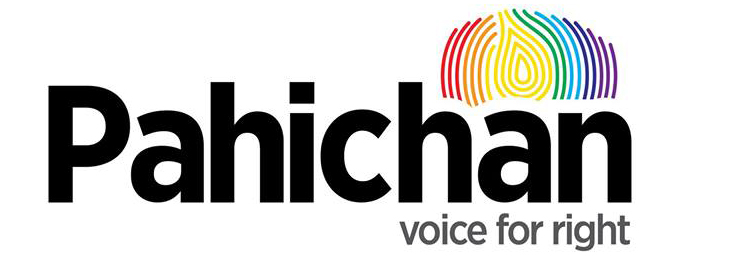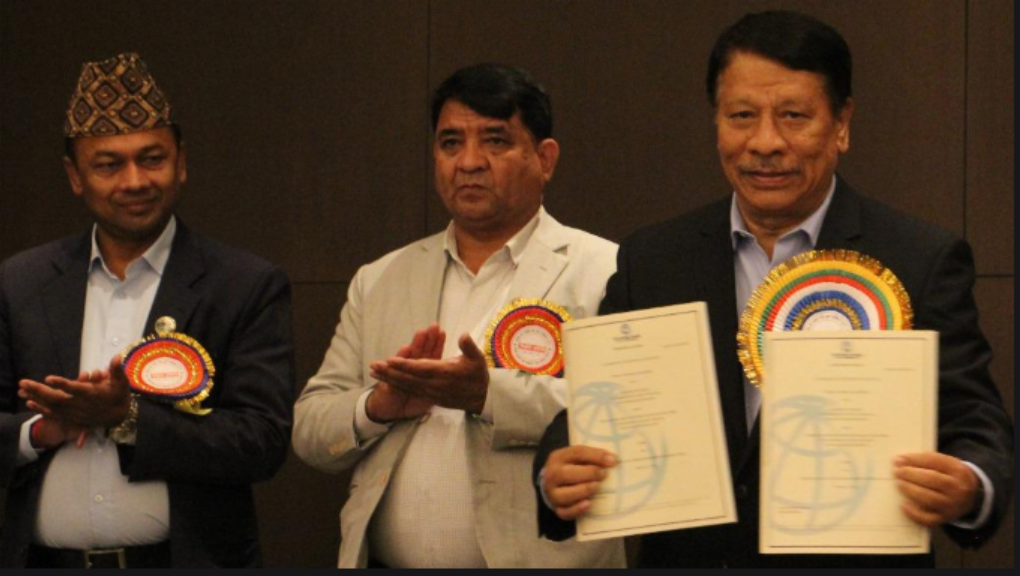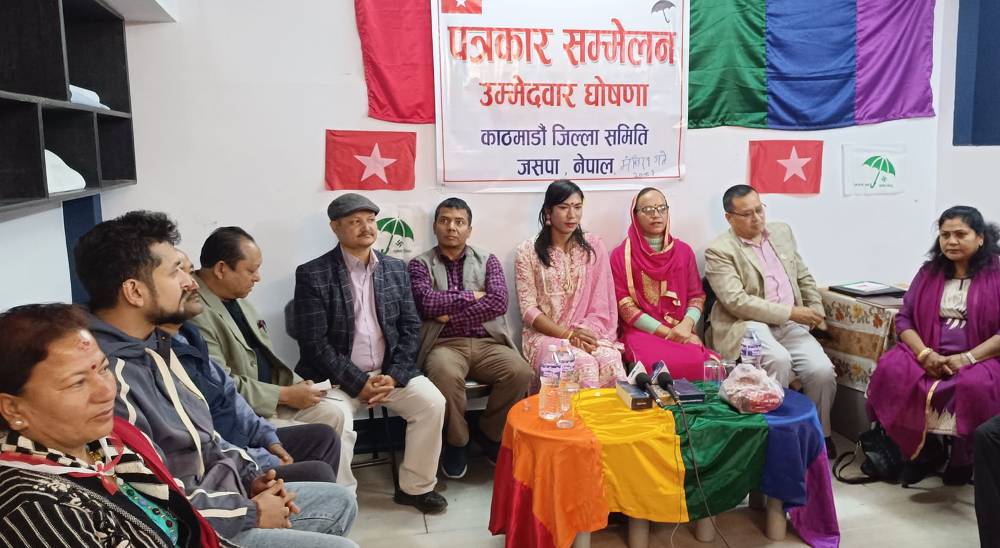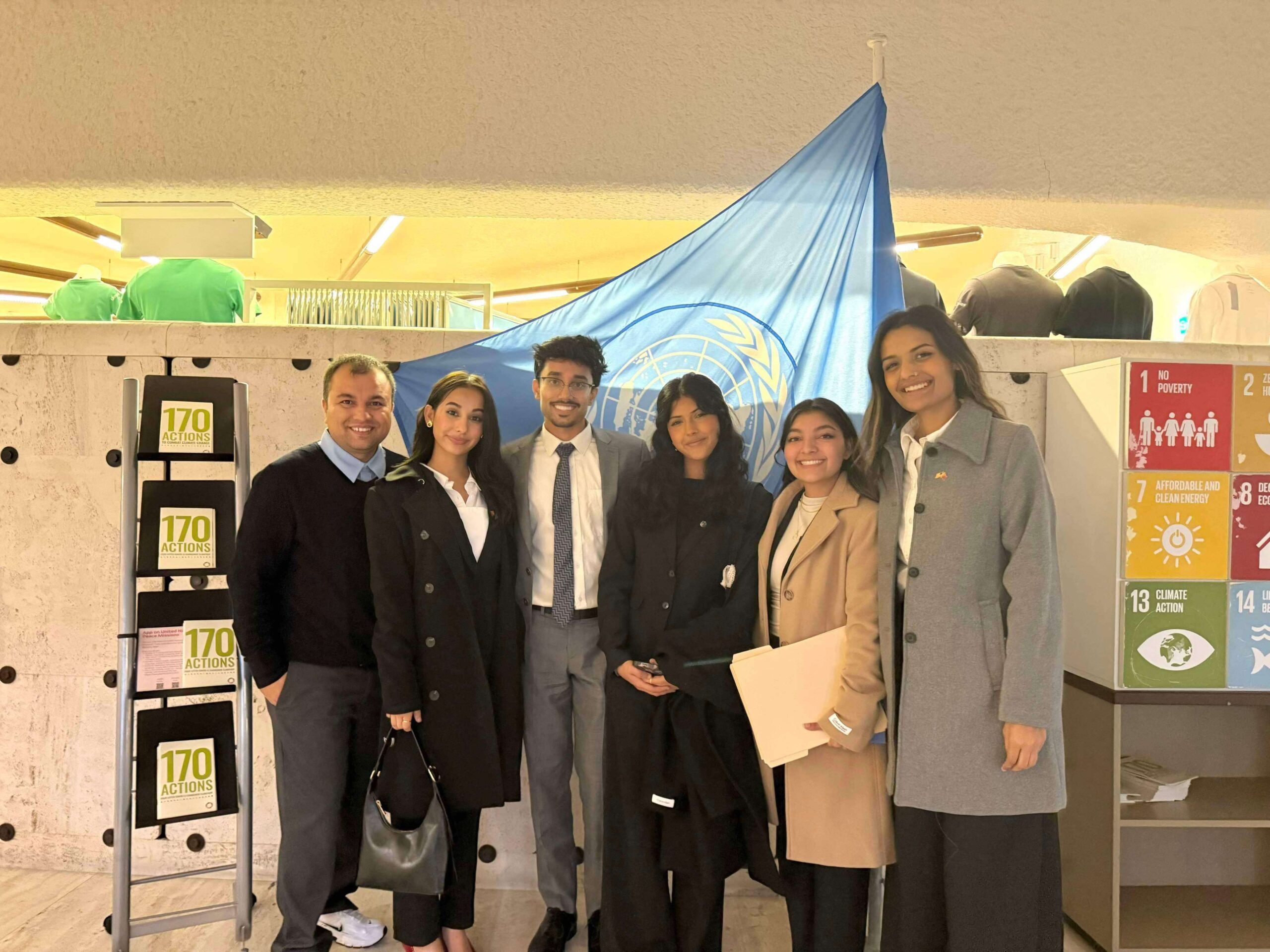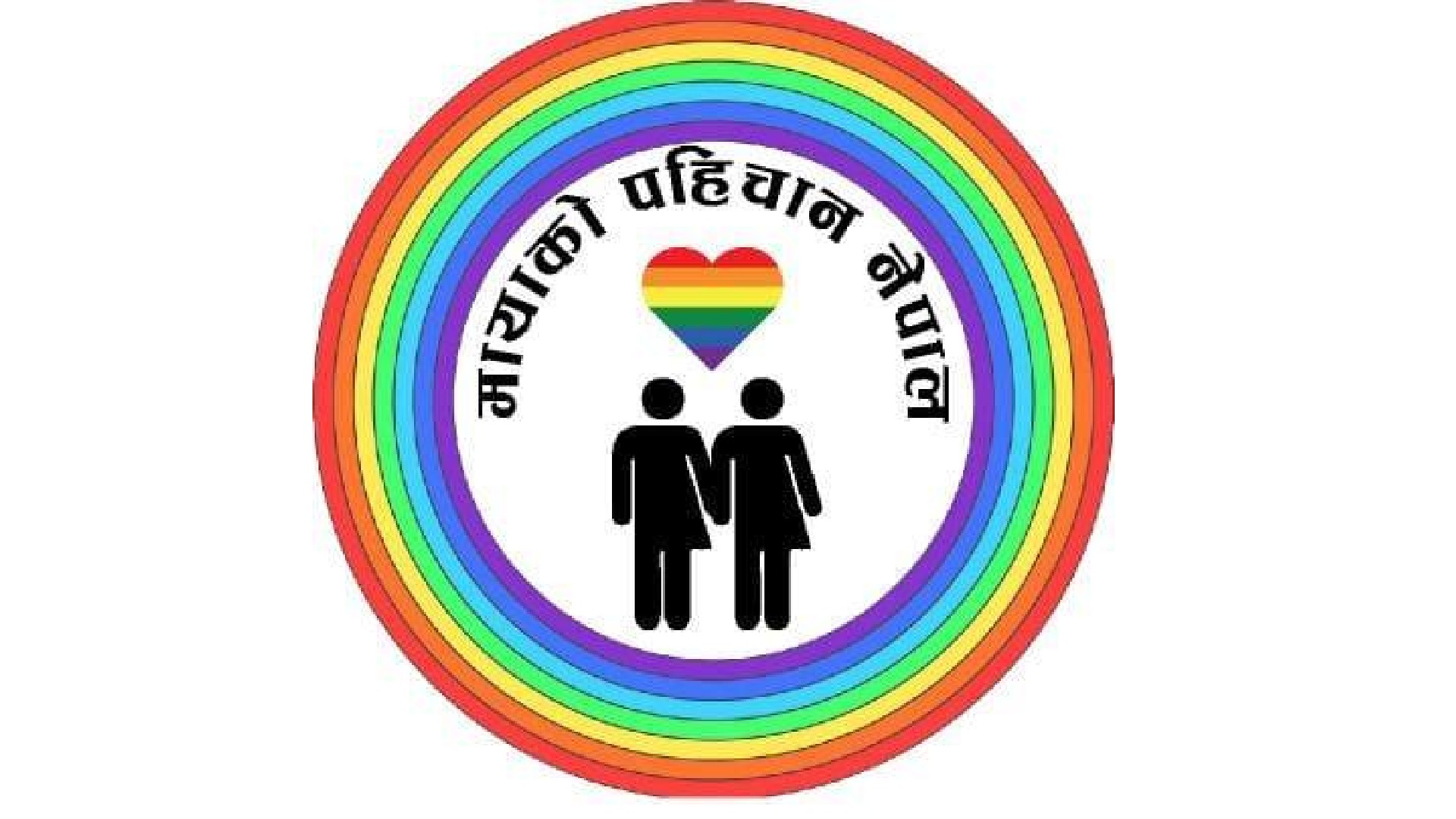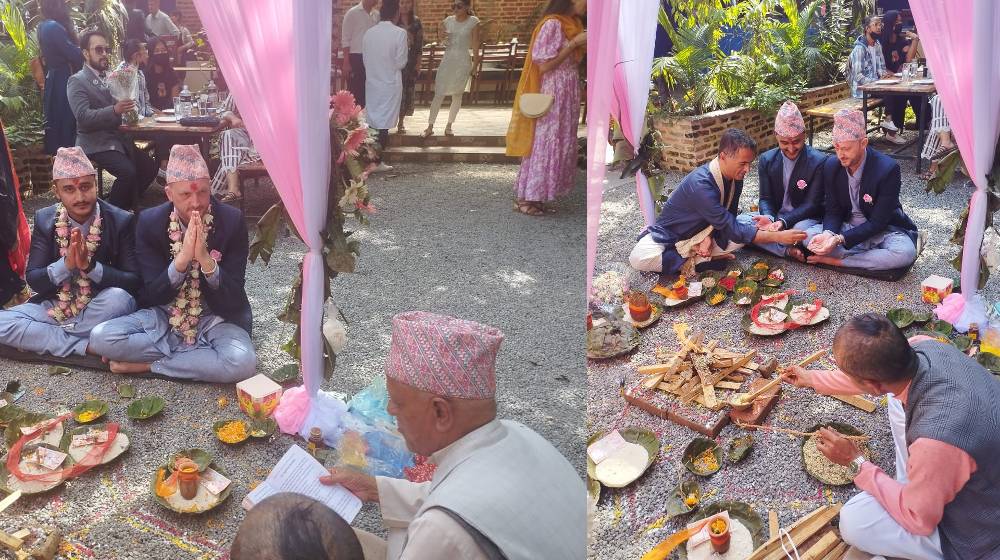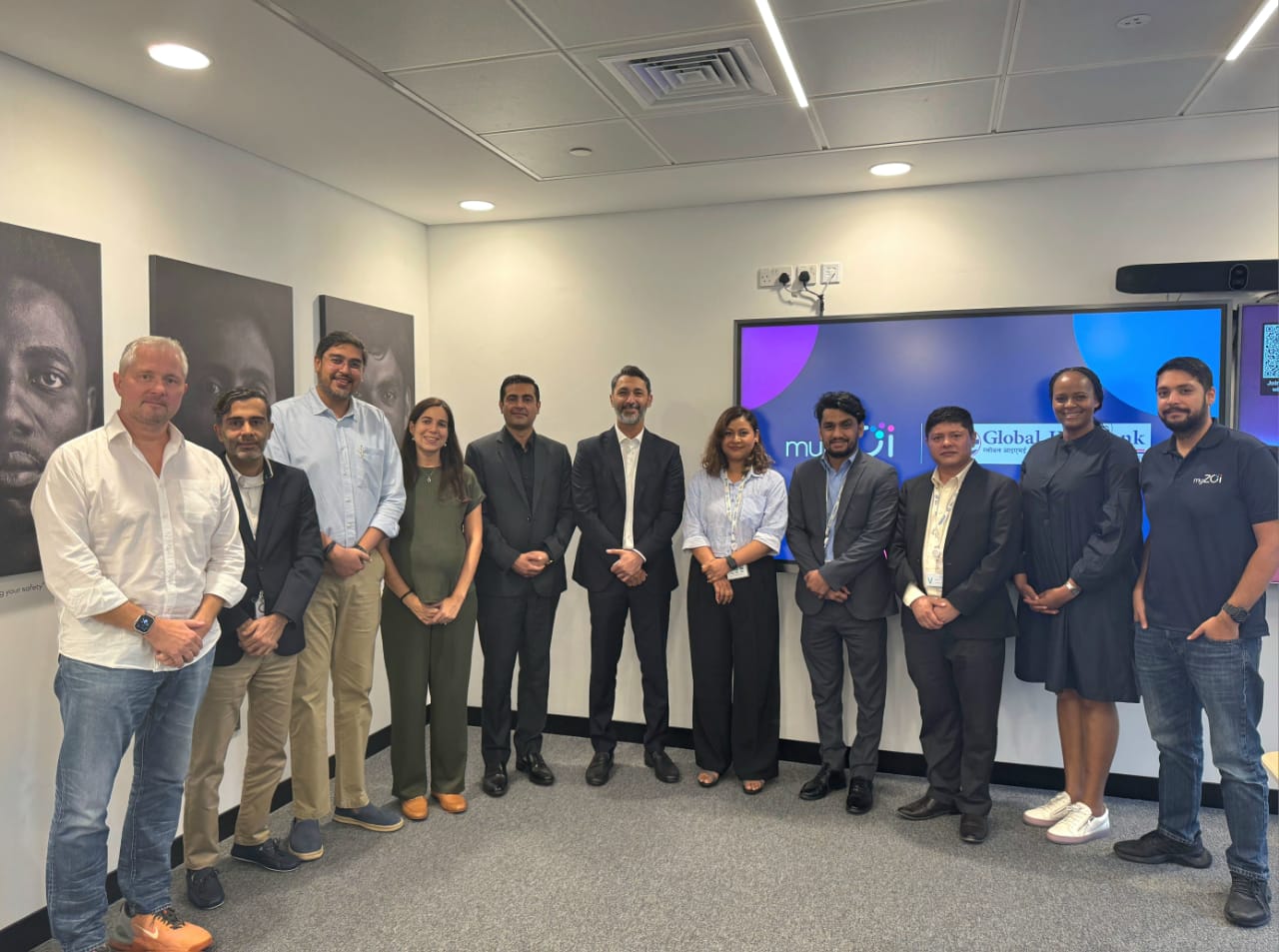Trump’s November victory over Hillary Clinton shook up the nation, and not just voters over age 18. When Trump won, the Democrats’ push for college affordability at the federal level fell to the wayside, meaning that as the cost of higher education continues to climb, schools’ qualities are becoming more important than ever to prospective enrollees. For some people, that includes how students, professors and administrators treat LGBTQ students.
Related: Is College Worth It?
Bryn Mawr College, a women’s school in Pennsylvania, nabbed first place on the Princeton Review’s list of most LGBTQ-friendly schools in the company’s book The 382 Best Colleges, out Tuesday. It was followed by the College of the Atlantic, a roughly 350-person institution in Bar Harbor, Maine, and Emerson College, which is located in Boston. Warren Wilson College in Asheville, North Carolina, and Mount Holyoke College in South Hadley, Massachusetts, rounded out the top five.
Daily Emails and Alerts – Get the best of Newsweek delivered to your inbox
Bryn Mawr’s No. 1 status wasn’t surprising. It was ranked 15th on the Princeton Review’s list last year, which came after its 2015 decision to accept applications from transgender women.
“As we affirm Bryn Mawr’s identity as a women’s college, we do so knowing that our students, as well as other members of the community, will continue to explore, negotiate and/or reject various concepts of gender,” the college’s president, Kim Cassidy, wrote in a statement at the time. “Indeed such critical engagement with social constructs is an important part of our educational purpose.”
The latest rankings, like all college-related lists, should be considered carefully alongside other results. The Campus Pride Index, for example, gives five-star ratings to schools like Rutgers University, the University of Washington and Tufts University for having resources for LGBTQ students and supportive housing, but none of those institutions appear on the Princeton Review lineup.
You can see the full list here, but remember to be shrewd in evaluating your options and looking at inclusivity.
“Campuses today want to be called gay friendly,” Campus Pride founder Shane Windmeyer told TIME in 2014. “They see they’re going to lose students if they’re not, [and] realize the pool of non-LGBT students is dwindling.”
Copy : http://www.newsweek.com
